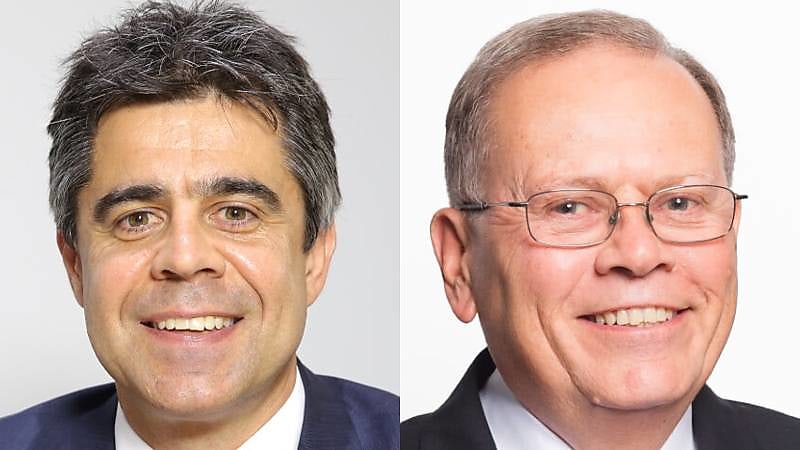SMSFA, APRA funds look to improve SuperStream error messages
The SMSF Association has been working alongside APRA-regulated funds and the ATO to improve the flow of information where errors occur in the SuperStream system.
Speaking in a recent CFS FirstTech podcast, SMSF Association deputy chief executive Peter Burgess said the SMSF Association is continuing to meet regularly with both the APRA-regulated funds and the ATO to try and address some of the obstacles stopping the efficient rollover of funds between the two sectors.
One of the key issues being encountered by SMSFs, explained Mr Burgess, is that where a message has been sent to an APRA fund and it has failed or been rejected, there’s very limited information provided as to why that message has actually failed.
“We are working with the APRA funds and the ATO to try and resolve that so that we get more information back when a message actually fails, so we know what to do to fix it.”
Speaking in the same podcast, SMSF Alliance principal David Busoli agreed that while most of the issues that occur with SuperStream rollovers are relatively easy to fix once identified, often the most difficult part is actually identifying what the problem is in the first place.
“Often the hardest part is finding out why it didn’t work because all we get is a rejection. We don’t know what didn’t work, so it becomes a bit hit and miss,” said Mr Busoli.
“We’re trying to work out where the problem lies and what we need to do to fix it. So the longest part is really finding out what’s wrong.”
The issue has previously been raised by others in the industry, including Aquila Super partner Chris Levy.
Mr Levy told SMSF Adviser previously that the chain of different systems in SuperStream and the difficulty in identifying where an error has occurred in that chain was one of the biggest issues for SMSFs.
“The problem is not the retail or industry funds, the ATO or the accountant and the SMSF that all talk to each other, it's that you’ve got another three databases in there,” he explained.
“The industry super funds don’t do the administration so they give it to another administration company and you get this chain, where one person talks to another who then talks to another and if something goes wrong [in the process] there’s no mechanism to identify where the problem is.
“It’s like a pipe buried in concrete and you pour water down one end and it doesn’t come out the other and you don’t know how to fix it — there’s no mechanism.
Mr Burgess said he hoped that by increasing the amount information that flows back where an error occurs, it will be easier for professionals and trustees to work out what’s gone wrong, which will improve the efficiency of the system.
The SMSF Association has also been working to improve a number of other aspects of the system with APRA-regulated funds, he said, such as making the identification requirements for APRA-regulated funds more consistent.
“We want to ensure there is consistency so that all funds require the same documents. Around 95 per cent of APRA funds do require exactly the same documents but there are a few funds that have different requirements.”
Mr Burgess noted that in order to verify the bank account, some APRA-regulated funds want to see a certified copy of the bank statements.
“Some funds what that sent as a hard copy in the mail. We want to move [away from that]. We want to move to a regime where you can send all the information electronically,” he said.

Miranda Brownlee
Miranda Brownlee is the deputy editor of SMSF Adviser, which is the leading source of news, strategy and educational content for professionals working in the SMSF sector.
Since joining the team in 2014, Miranda has been responsible for breaking some of the biggest superannuation stories in Australia, and has reported extensively on technical strategy and legislative updates.
Miranda also has broad business and financial services reporting experience, having written for titles including Investor Daily, ifa and Accountants Daily.
 LMFAO - A hard copy of a bank statement. Now I wonder how many SMSFs are asking the same question of APRA regulated funds0
LMFAO - A hard copy of a bank statement. Now I wonder how many SMSFs are asking the same question of APRA regulated funds0 It's important to point out that when an APRA attempts to verify SMSF details using the SMSF Verification Service (SVS) it only provides only a pass/fail message.
It's important to point out that when an APRA attempts to verify SMSF details using the SMSF Verification Service (SVS) it only provides only a pass/fail message.
Not even the APRA funds know why it's failed, so it's up to the trustees (or more likely their SMSF provider) to check the details the SVS verifies (registration status, membership, bank details, ESA etc).
The other messages returned via SuperStream from APRA funds for rejected rollover requests are vague and sometimes completely incorrect, so definitely agree with Mr Busoli that the most time-consuming aspect is chasing the APRA fund to get answers.
APRA needs to mandate a consistent approach to identity verification and SMSF bank account verification. It must be electronic by default and only paper-based if a fund member doesn't want to use electronic verification.
80% of the APRA funds are there already, however, there are still some funds requiring physical certified copies of ID and bank statements sent via snail mail including HostPlus, BT, Asgard, Australia Retirement Trust/Sunsuper.
0








